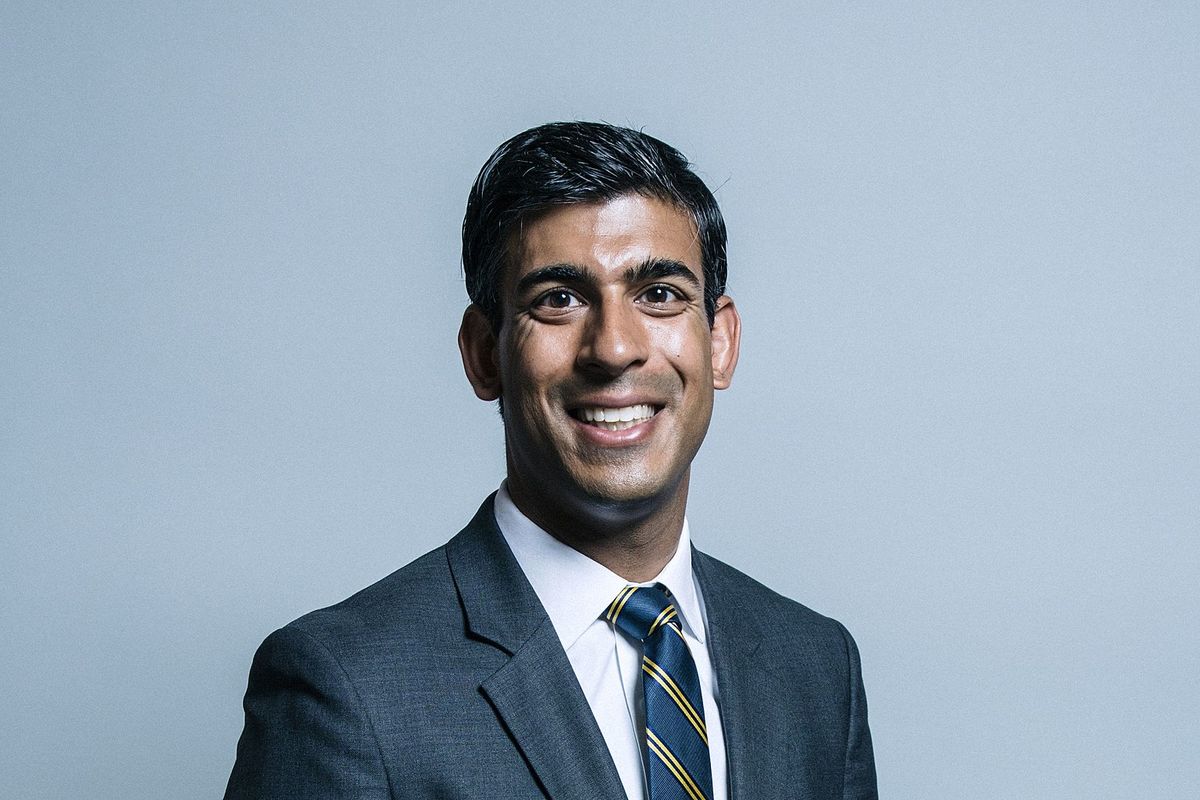UK Prime Minister Sparks Controversy With Potential Green Policy Revisions
Prime Minister Rishi Sunak's proposed changes to key green commitments have been leaked, sparking outrage and controversy across the political spectrum.

London, UK - September 20, 2023: The United Kingdom's climate policy landscape is undergoing a significant transformation, with Prime Minister Rishi Sunak responding to a recent BBC report outlining potential revisions to the nation's green policies. This development has ignited a robust debate over the government's commitment to achieving net-zero carbon emissions by 2050, with divisions forming both within and beyond the Conservative Party.
Recently, BBC unveiled a report that sent ripples through the UK's political and environmental spheres. The report disclosed a series of proposed adjustments to the UK's climate policies, suggesting a significant reevaluation of the government's green commitments.
Among the noteworthy proposals is the postponement of the ban on the sale of new petrol and diesel cars from 2030 to 2035. This announcement has not only raised concerns among environmentalists but also sent shockwaves through the automotive industry. Ford's UK chair, Lisa Brankin, warned that such a delay could undermine industry confidence and stability.
Another focal point of the proposed changes is a reevaluation of the target for phasing out gas boilers. Previously set for 2035, the revised objective calls for an 80% reduction in gas boiler installations by that year. This shift has triggered debates over the feasibility of such a goal and its impact on homeowners, landlords, and the broader energy sector.
The report further revealed that the government intends to inform homeowners and landlords that there will be no new energy efficiency regulations on homes. This consideration has implications for energy consumption and environmental sustainability.
Additionally, the report suggested a delay in the 2026 ban on off-grid oil boilers to 2035, also with an 80% phase-out target at that date. Measures such as new taxes to discourage flying, government policies to alter people's diets, and initiatives to encourage carpooling may also be set aside.
In response to this, Prime Minister Sunak issued a statement underscoring the government's unwavering commitment to achieving net-zero carbon emissions by 2050. However, Sunak emphasized the need for a "better, more proportionate way" to attain this goal. He acknowledged that politicians, across different governments, had historically not been forthcoming about the costs and trade-offs involved in climate policies.
Sunak's statement served as a precursor to an upcoming speech in which he intends to provide further insights into the government's evolving approach to climate change. In his statement, he affirmed, "This realism doesn’t mean losing our ambition or abandoning our commitments. Far from it. I am proud that Britain is leading the world on climate change."
The proposed policy revisions have exposed deep divisions within the Conservative Party. While some Conservative MPs support the revisions as pragmatic adaptations to the challenges posed by green policies, others express concerns over their economic implications and potential harm to the UK's environmental reputation.
The Labour Party swiftly condemned the government's actions, with shadow business secretary Jonathan Reynolds characterizing it as an "absolute farce" stemming from internal divisions within the Conservative Party. However, Labour has yet to commit to reinstating any targets that may be relaxed.
Industry stakeholders, especially in the automotive sector, have expressed reservations about the delayed ban on the sale of new petrol and diesel cars. Ford's UK chair, Lisa Brankin, voiced concerns about the impact on industry confidence and stability.
Some Conservative MPs argue that modifying green policies is necessary to prevent potential job losses and maintain economic growth. They believe that pressing ahead with the 2030 ban on new petrol and diesel cars could seriously damage the British motor industry.
As the nation awaits Prime Minister Sunak's forthcoming speech, the debate over the government's climate policies continues to intensify. The BBC report and Sunak's response have catalyzed discussions surrounding the UK's environmental responsibilities, economic considerations, and international standing. The ramifications of these policy changes remain subjects of intense scrutiny and public discourse.
The UK's commitment to combatting climate change is at a crossroads, with questions arising about the balance between ambition and pragmatism. In the coming weeks, Prime Minister Sunak's speech is expected to provide clarity on the direction the nation will take in its ongoing battle against climate change.




 Industry Inscript is a subsidiary of Valiant and Company Ltd.
Industry Inscript is a subsidiary of Valiant and Company Ltd.
Comments ()